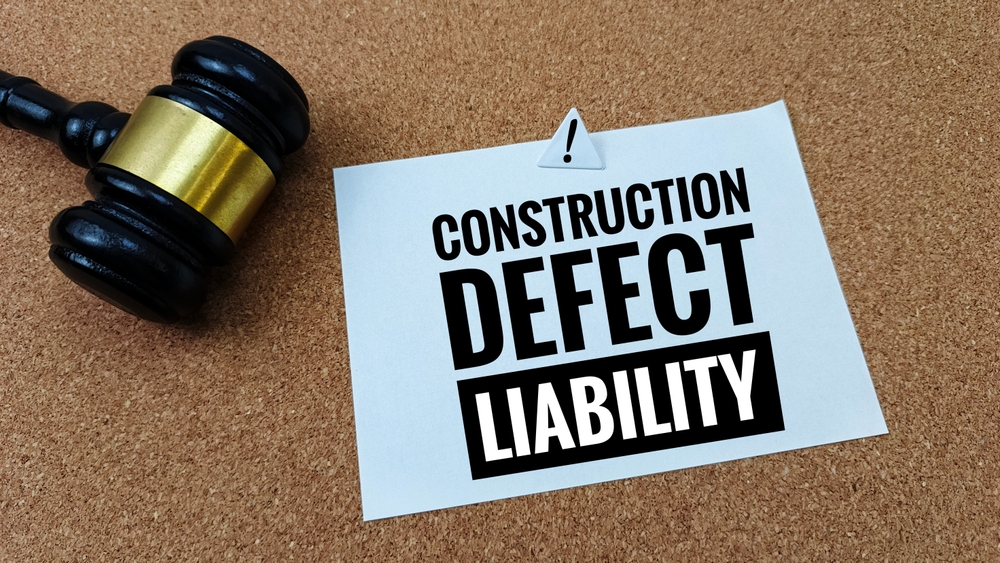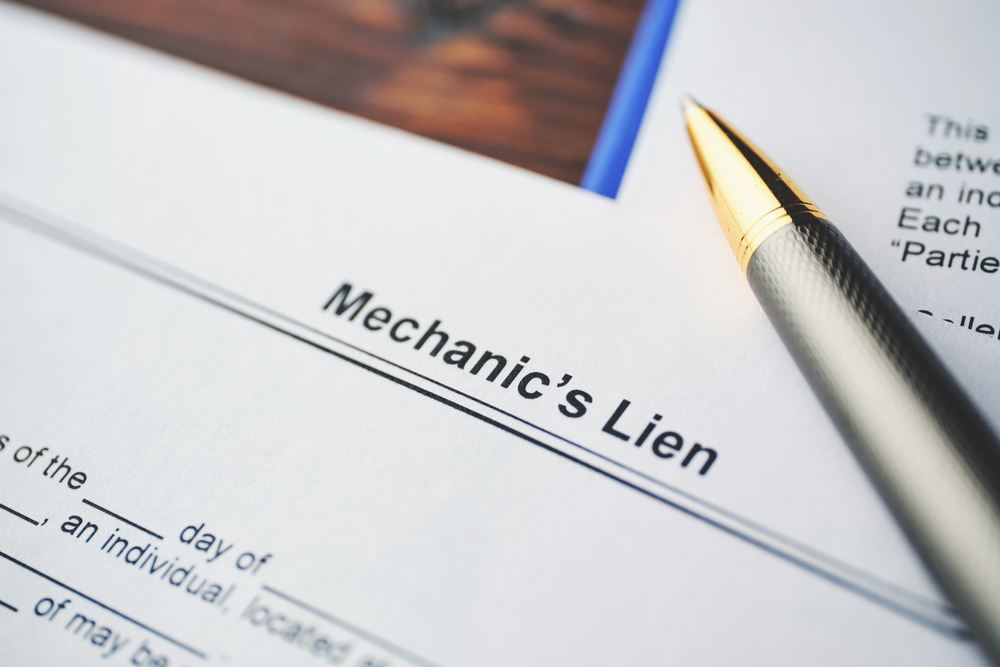
Generally speaking, it is a good business practice to have all of the essential terms between the parties to be put into a written agreement before the work starts. But, in a situation such as the aftermath of a hurricane, that may not always be possible to do upfront. However, it is not too late to create one; even a contract signed during construction or work performed can be enforced.
Long before a pen is put to paper, a contractor should consider all of the conceivable risks a particular job entails and, with the assistance of an experienced attorney, craft language that sufficiently protects its financial interests. A well-drafted contract is the front-end protection needed to ensure payment insurance proceeds. To ensure your construction contract is the most powerful payment vehicle possible, speak with an attorney about your various options as soon as possible. Even if you have already started a project, it is not too late to take steps to ensure payment by getting a solid contract in place, but time is of the essence!
After all, without an agreement providing such, a contractor cannot simply demand payment directly from the insurance company. The insurance company’s obligation is to pay the homeowner and the homeowner is then obligated to pay the contractor. Unfortunately, if the homeowner fails to pay after the project is completed, the contractor’s only recourse is to secure its lien rights or file suit. It is a better practice to take the steps necessary to reduce the chance of non-payment prior to starting a project. A potential option is to require a formal assignment of insurance proceeds.
When a homeowner assigns their interest in insurance proceeds to a contractor, they essentially put the contractor in the position to “stand in the shoes” of the homeowner for payment purposes. Once the homeowner has assigned its right of payment, the contractor has the right to request payment directly from the insurance company. Additionally, a proper assignment will also transfer the right to file a lawsuit against an insurance company to receive payment. However, it is crucial to read the actual policy to determine if there are any “anti-assignment” provisions. Texas courts consistently enforce such clauses even in post-loss situations; therefore, it is important to obtain prior written consent from the insurance company in order to secure an enforceable assignment contract. Texas law does allow, with limitations, an insured to transfer the right to a cause of action, even if the original contract cannot be assigned under the policy.
It is common for an insurance company to issue a settlement check made out to both the homeowner and the mortgage company. However, if the mortgage company decides to simply endorse the check to the homeowner, a contractor is still at the mercy of the homeowner to make payments. A better scenario involves the lender controlling the payments via an escrow account and releasing the funds as work progresses. Another great scenario involves the insurance company making the check out to the homeowner and the contractor or to the contractor directly. If a homeowner can provide you with written confirmation from their insurance and/or mortgage company detailing how the proceeds will be dispersed, you will be in a much better position to anticipate potential problems.
In an effort to ensure payment of insurance proceeds, a contractor may be tempted to enter into a contingency agreement by which they negotiate directly with the insurance company on behalf of the homeowner. Such agreements are illegal in the state of Texas and are not enforceable. Further, in Texas, attempting to offer the services of a public insurance adjuster without being licensed as such is against the law. Performing or advertising such services can lead to civil or criminal action brought by the Texas Department of Insurance.
Navigating the financial minefield that is the construction industry is difficult, but you can reduce your risks with the assistance of experienced legal counsel. It all starts with a strong contract with properly worded provisions crafted to protect your financial interests. The attorneys here at The Cromeens Law Firm are here to guide you through a front-end process that will increase the likelihood of proper payment of insurance proceeds or, if necessary, fight for payment when homeowners and insurance companies refuse to honor their contracts and policies.
Although this article focuses on front-end steps contractors can take to increase the likelihood of payment, we cannot forget that many of these steps are also necessary, especially with regard to residential construction, to protect your lien rights as well. For a more detailed discussion of Texas Mechanic’s and Materialmen’s Lien rights click here.
Click here for further information on payment for storm damage repairs.
This article is intended as a general educational overview of the subject matter and is not intended to be a comprehensive survey of recent jurisprudence, nor a substitute for legal advice for a specific legal matter. If you have a legal issue, please consult an attorney.
Karalynn Cromeens is the Owner and Managing Partner of The Cromeens Law Firm, PLLC, with over 17 years of experience in construction, real estate, and business law. A published author and passionate advocate for contractors, she has dedicated her career to protecting the businesses her clients have built. Karalynn is on a mission to educate subcontractors on their legal rights, which inspired her books Quit Getting Screwed and Quit Getting Stiffed, as well as her podcast and The Subcontractor Institute.

